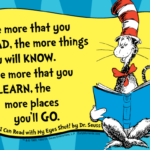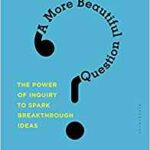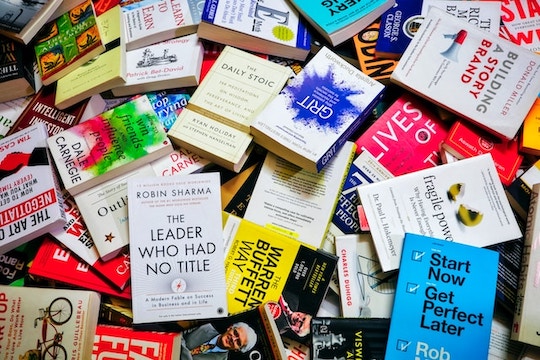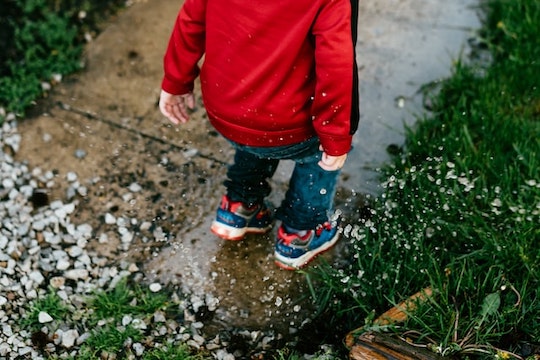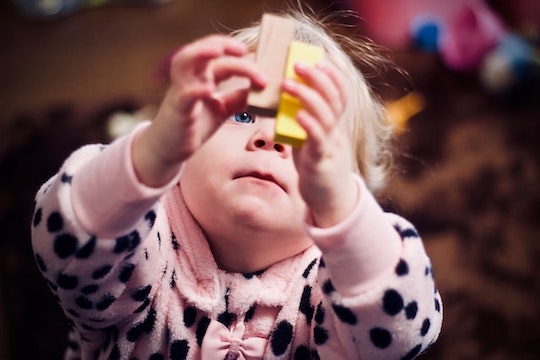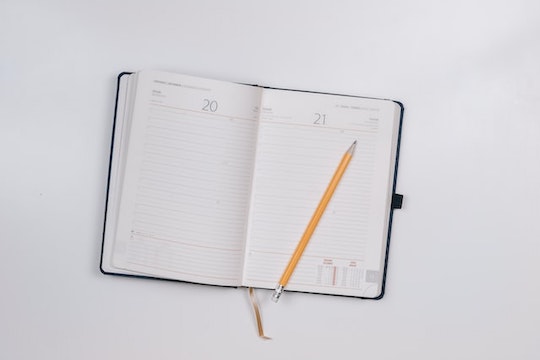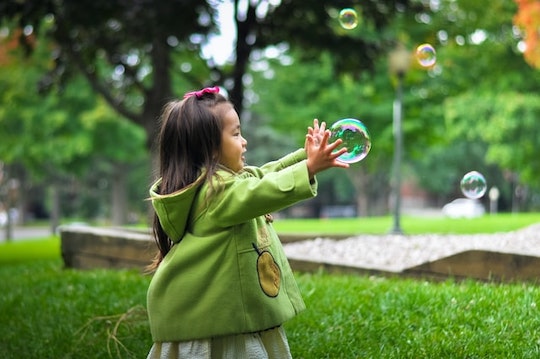Focus on the shot you are about to take. The game isn’t over till it’s over.
—Calm App Reflection
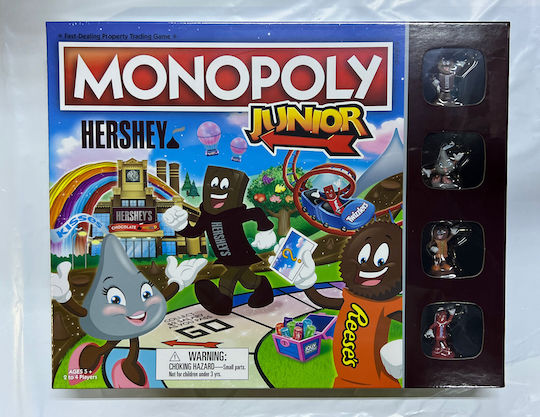 My five-year-old grandson’s favorite board game is the Hershey edition of Monopoly Junior. Through his play, he is learning numerous life skills as he moves his favorite chocolate bar character around the board. He particularly enjoys rolling the dice, buying properties, passing Go to collect $2, and landing on Chance spaces to see what they reveal.
My five-year-old grandson’s favorite board game is the Hershey edition of Monopoly Junior. Through his play, he is learning numerous life skills as he moves his favorite chocolate bar character around the board. He particularly enjoys rolling the dice, buying properties, passing Go to collect $2, and landing on Chance spaces to see what they reveal.
With each roll of the dice, he sees opportunities to better his chances of winning. When he is a bit behind, he often prefers the other players let him roll again and again. We are still working on good sportsmanship and taking turns.
EXERCISE:
What games are you currently playing in your personal and professional worlds?
Where are you falling behind and becoming discouraged?
How would greater focus on your next shot — and the next — turn things around?

